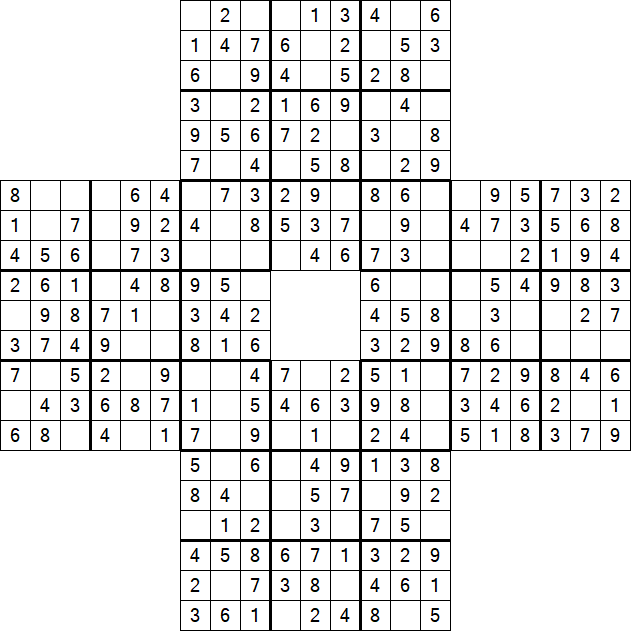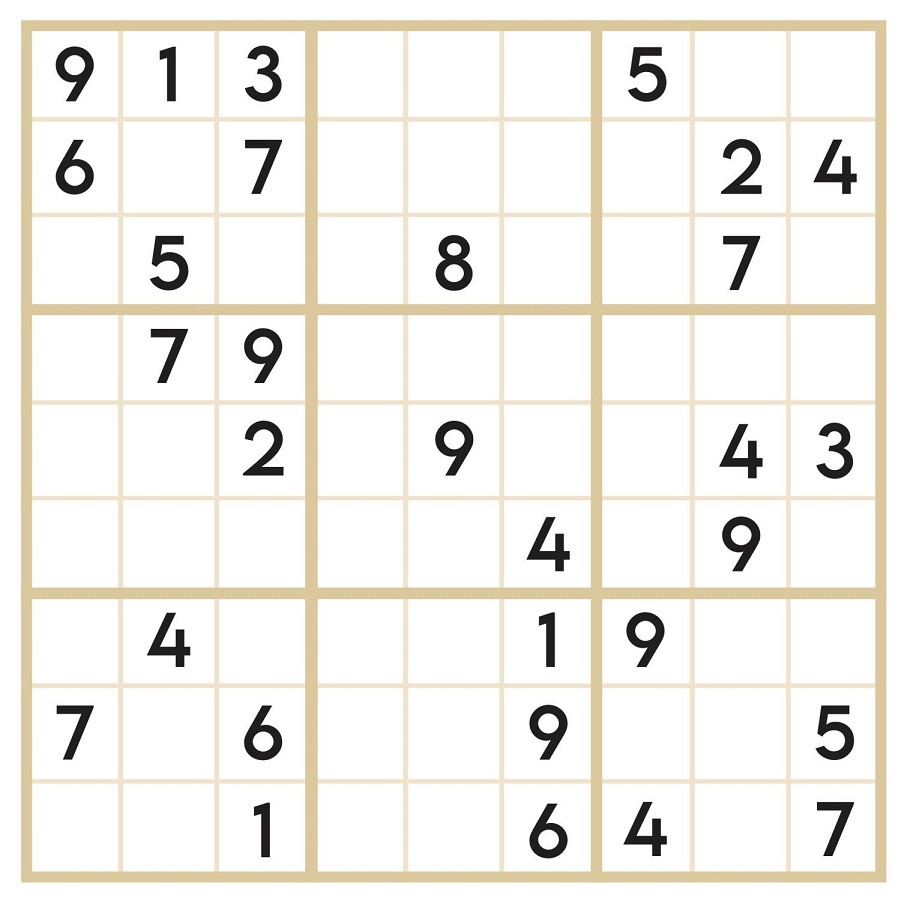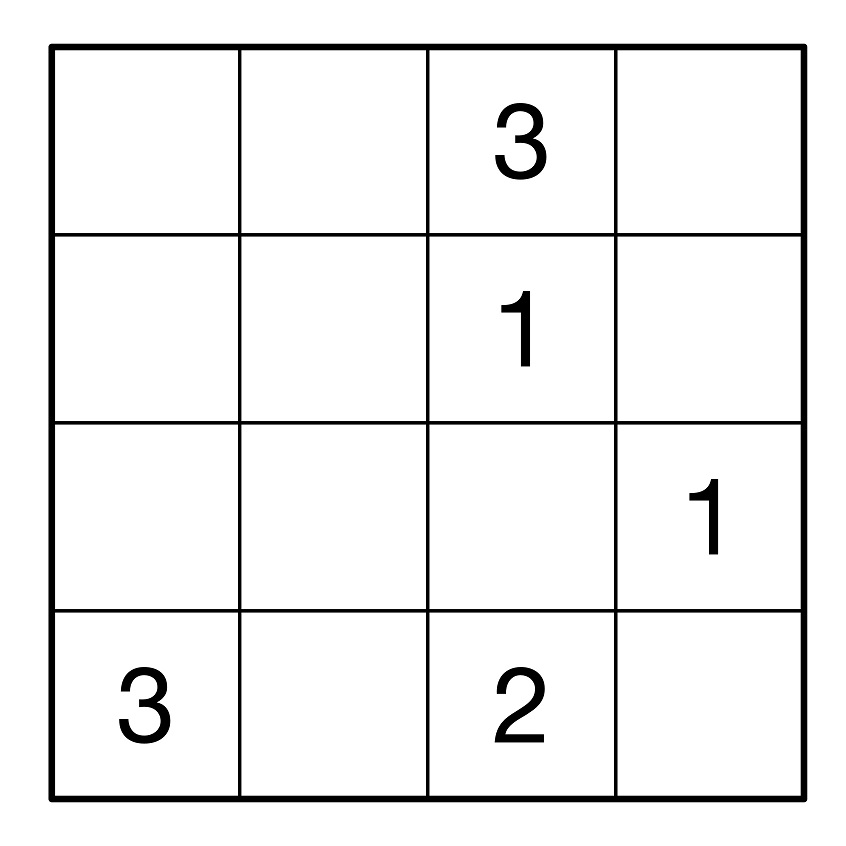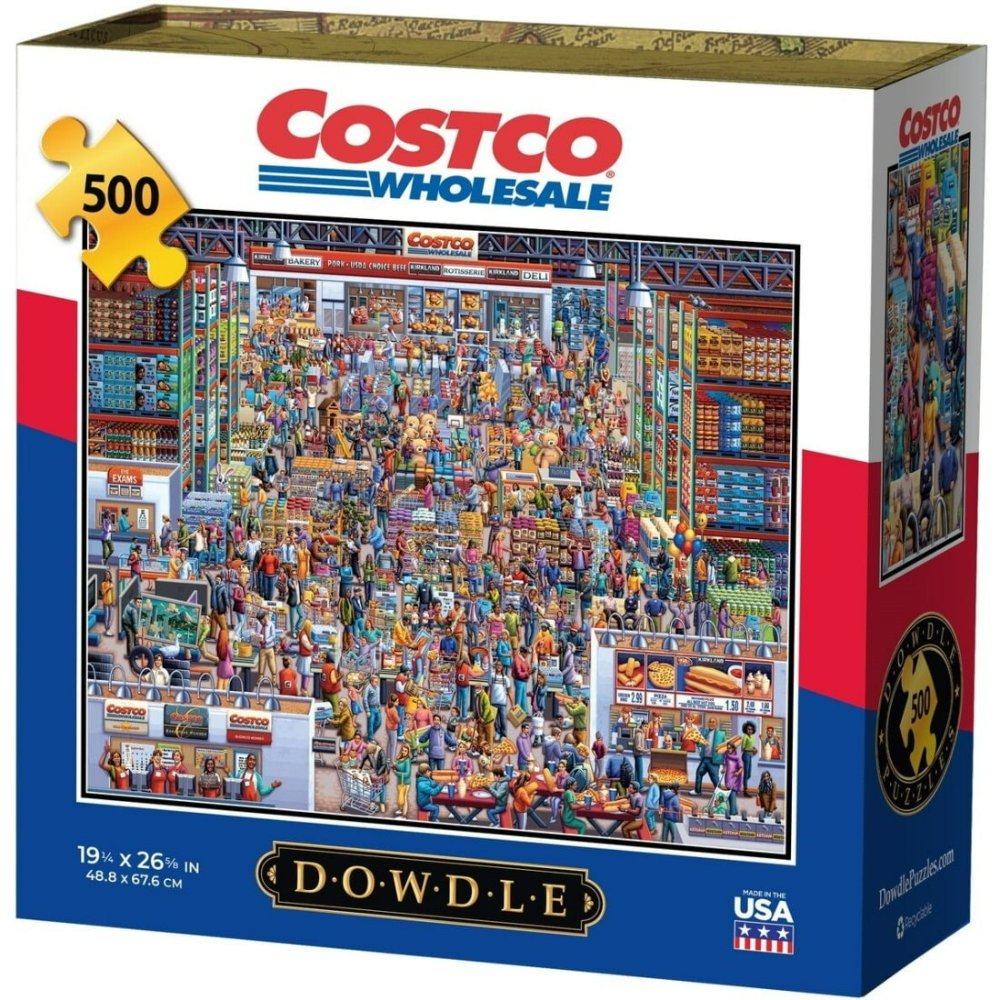Sudoku is a popular puzzle game enjoyed by millions worldwide. But is it purely entertainment? Many people believe that solving Sudoku puzzles can contribute positively to brain health. This belief stems from various studies that indicate mental activities can help maintain cognitive functions as we age. In this article, we will explore how Sudoku engages the brain, its potential benefits, and some opinions from experts in the field.
The Nature of Sudoku
Sudoku is a grid-based number puzzle. Its primary goal is to fill a 9×9 grid with numbers so that each column, row, and 3×3 subgrid contains all numbers from 1 to 9. The challenge lies in the placement of the numbers without violating these rules. At first glance, Sudoku may seem simple, but the level of complexity can vary greatly between puzzles. Some Sudoku puzzles are designed for beginners, while others push even the most seasoned players.
Engaging the Mind
When you sit down to solve a Sudoku puzzle, your brain kicks into high gear. You analyze the numbers already placed on the grid, looking for patterns and possibilities. The logical reasoning required is a workout for your brain. This process stimulates various cognitive functions. These functions include problem-solving skills, critical thinking, and even pattern recognition. Engaging in such activities can promote mental agility.
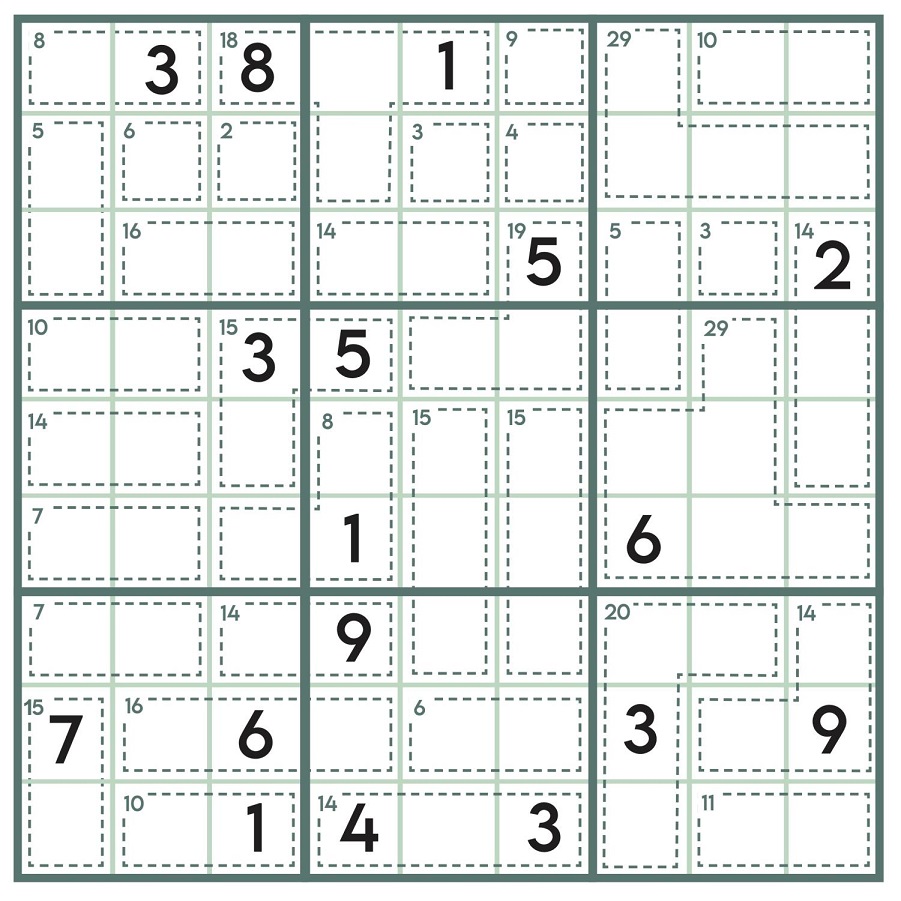
Memory Improvement
Sudoku is not just about logic. Memory plays a crucial role in the game. You must remember the numbers that you have placed and those that are still available. In complex puzzles, this becomes even more demanding. You may find yourself juggling various placements in your head. This can enhance short-term memory and visualization skills. Regular practice may even lead to long-term improvements in memory capacity.
The Science Behind Puzzles
Numerous studies suggest that engaging the brain in mental activities can slow cognitive decline. While individual results vary, many find that puzzles like Sudoku can help keep the mind sharp. Researchers assert that challenging the brain regularly is akin to exercising the body. The brain needs stimulation, and puzzles are a convenient way to provide that.
Neuroplasticity
The science of neuroplasticity explains how the brain adapts and changes throughout life. Engaging in activities like Sudoku can create new neural pathways. This means that the brain can strengthen connections between neurons. As you solve more puzzles, your brain becomes more efficient at processing information. This adaptability can lead to improved problem-solving capabilities, even in non-puzzle contexts.
Cognitive Enhancement
Several studies have shown that engaging in puzzles can lead to better cognitive functioning. Sudoku may boost concentration and focus. When you solve a puzzle, you must concentrate on each number’s placement. This level of focus is beneficial not just for games but for everyday tasks, such as studying or working on projects.
Age and Cognitive Health
One of the biggest concerns for many people as they age is cognitive decline. Previous generations often faced reduced cognitive abilities, leading to issues like Alzheimer’s disease and dementia. Although Sudoku may not be a guaranteed prevention method, research indicates that keeping the brain engaged can delay the onset of cognitive decline.
A Lifelong Puzzle
Sudoku is suitable for people of all ages. Children can benefit from learning analytical skills while working through simpler puzzles. Adults can enhance their problem-solving skills, while seniors can help maintain mental acuity. Offering a lifelong challenge, Sudoku is accessible to anyone willing to try.
Community and Connection
In addition to mental benefits, Sudoku can foster social connections. Many people enjoy sharing their puzzle-solving experiences with friends or family. This social interaction can also positively affect mental health. Engaging in conversations about strategies can lead to deeper understanding and appreciation of the game.
Balancing Challenges
While Sudoku offers many cognitive benefits, challenges can arise. Not every person will enjoy each Sudoku puzzle. Some may find them frustrating or too challenging. The key is to find the right level of difficulty. Starting with easier puzzles and gradually increasing the challenge can help maintain motivation.
Frustration vs. Reward
Puzzles should provide a balance between challenge and enjoyment. If a Sudoku puzzle is too difficult, it can lead to frustration. However, this doesn’t mean you should abandon it entirely. Learning to tackle complex puzzles may require patience. Investing time could lead to greater satisfaction once solved.
Personal Growth
Sudoku offers personal growth opportunities through self-reflection. Players often discover new strategies as they solve more puzzles. This process enables them to adapt their approach and improve over time. Celebrating small victories in the game can lead to a greater sense of accomplishment.
Expert Opinions
Many experts advocate the cognitive benefits of puzzles, including Sudoku. Neurologists and psychologists often recommend them as a mental workout. The consensus is that mental challenges can improve overall brain health, especially when approached with the right mindset.
Diverse Opinions
While many endorse the idea that puzzles are good for the brain, not everyone agrees. Some argue that the benefits may vary from person to person. Personal interests play a significant role in maintaining motivation. For those who dislike numbers, other puzzles might provide more enjoyment and engagement. It is essential to find mental challenges that resonate with you.
Recommended Practices
Experts often recommend incorporating Sudoku into a broader mental fitness regime. This can include reading, learning new skills, and engaging in social activities. The combined benefits of various activities may yield better overall results. Diversity engages different areas of the brain, leading to a more comprehensive cognitive workout.
Tips for Getting Started
If you want to start enjoying the benefits of Sudoku, begin with simple puzzles. Many books and online platforms offer various difficulty levels. You might find it helpful to print out puzzles or use a digital app. Choose the format that works best for you.
Practice Regularly
Consistency is key. Try to solve a puzzle every day. Regular practice helps improve skills and keeps you engaged. Even brief sessions can be beneficial. Whether it’s ten minutes in the morning or a longer session on weekends, every bit counts.
Learn from Mistakes
Mistakes are part of the learning process. Don’t discourage yourself if you make errors. Instead, view them as opportunities for growth. Analyzing your mistakes can provide insight into your thought process. Over time, you’ll develop better strategies and approaches.
Sudoku Beyond the Brain
Beyond cognitive benefits, Sudoku can also promote a sense of well-being. Engaging in a rewarding activity like puzzle-solving can serve as a form of stress relief. Taking a break from daily stressors to focus on Sudoku allows the mind to rejuvenate. Additionally, your sense of accomplishment from finishing a puzzle can boost your mood.
Mindfulness and Relaxation
Practicing Sudoku can promote mindfulness. The focus required can help clear your mind, leading to relaxation. People often use tools like meditation to achieve peace. Sudoku can serve as a similar practice, though in a more engaging format.
A Break from Screens
In today’s digital world, many of us spend hours on screens. Sudoku can offer a welcome break from devices. Engaging in old-fashioned paper-and-pencil puzzles can provide tactile feedback, offering a different experience than screen-based activities.
Conclusion: A Puzzle for All
In conclusion, while Sudoku is undoubtedly a fun and engaging pastime, its benefits extend far beyond mere entertainment. Engaging in this number puzzle can help sharpen mental capabilities, improve memory, and foster cognitive skills. From children to seniors, anyone can enjoy the advantages of solving Sudoku.
Sudoku provides not just a challenge but also a path toward personal growth and mental fitness. As long as you find joy in the process, the journey through Sudoku can serve you well throughout life. Whether you’re hoping to reduce cognitive decline or simply enjoy a pastime, Sudoku can provide valuable experiences for your brain and well-being.
Consider making Sudoku a regular part of your life. You might be surprised by how much you enjoy it and the benefits it brings. Happy puzzling!
